Technical Program Committee
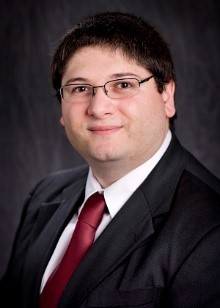 Michele Barbato
Michele Barbato
Professor, UC Davis
Dr. Barbato is interested in the modeling, analysis, and design of structures subject to single and multiple hazards. Dr. Barbato’s research group focuses on the interface between high-fidelity finite element modeling and advanced probabilistic methods to develop novel design approaches and structural solutions based on innovative, sustainable materials and construction techniques. These efforts lead to new designs and structures that (1) are sustainable, economic, and safe; (2) increase community resilience to single and multiple hazards; and (3) support societal efforts in climate change mitigation and adaptation. Dr. Barbato’s research also comprises hazard and risk analyses, and assessment and mitigation of hazards affected by climate change (e.g., hurricanes, wind, wildfires). In particular, Dr. Barbato’s wildfire-related research focuses on wildfire risk assessment and mitigation, electric grid hardening, and fireproof construction materials.
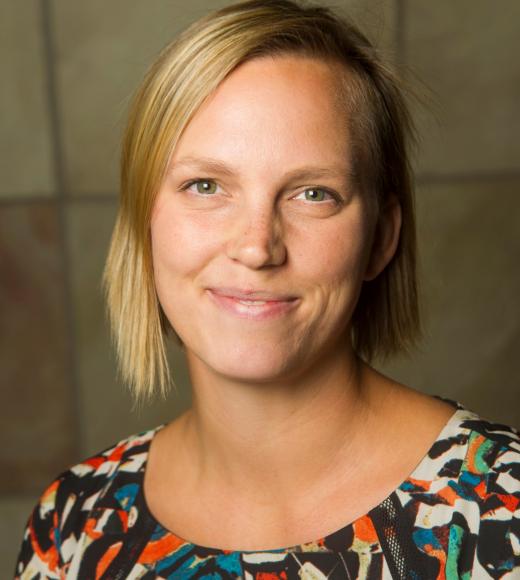 Catherine Brinkley
Catherine Brinkley
Assistant Professor, UC Davis
Dr. Brinkley’s research centers around One Health, a concept that considers health shared among humans, animals and the environment. She is a city planner (PhD) who conducts spatial analyses to inform practice. She also has a public health degree in veterinary medicine (VMD).
Her primary research is supported by a National Science Foundation CAREER Award and seeks to build a scientific understanding of how cities work within their regions. She is primarily focused on understanding the public health and economic development consequences of how agricultural and urban lands interface. Her work is used internationally by the United National Food Agriculture Organization as well as local communities to guide plans and policies.
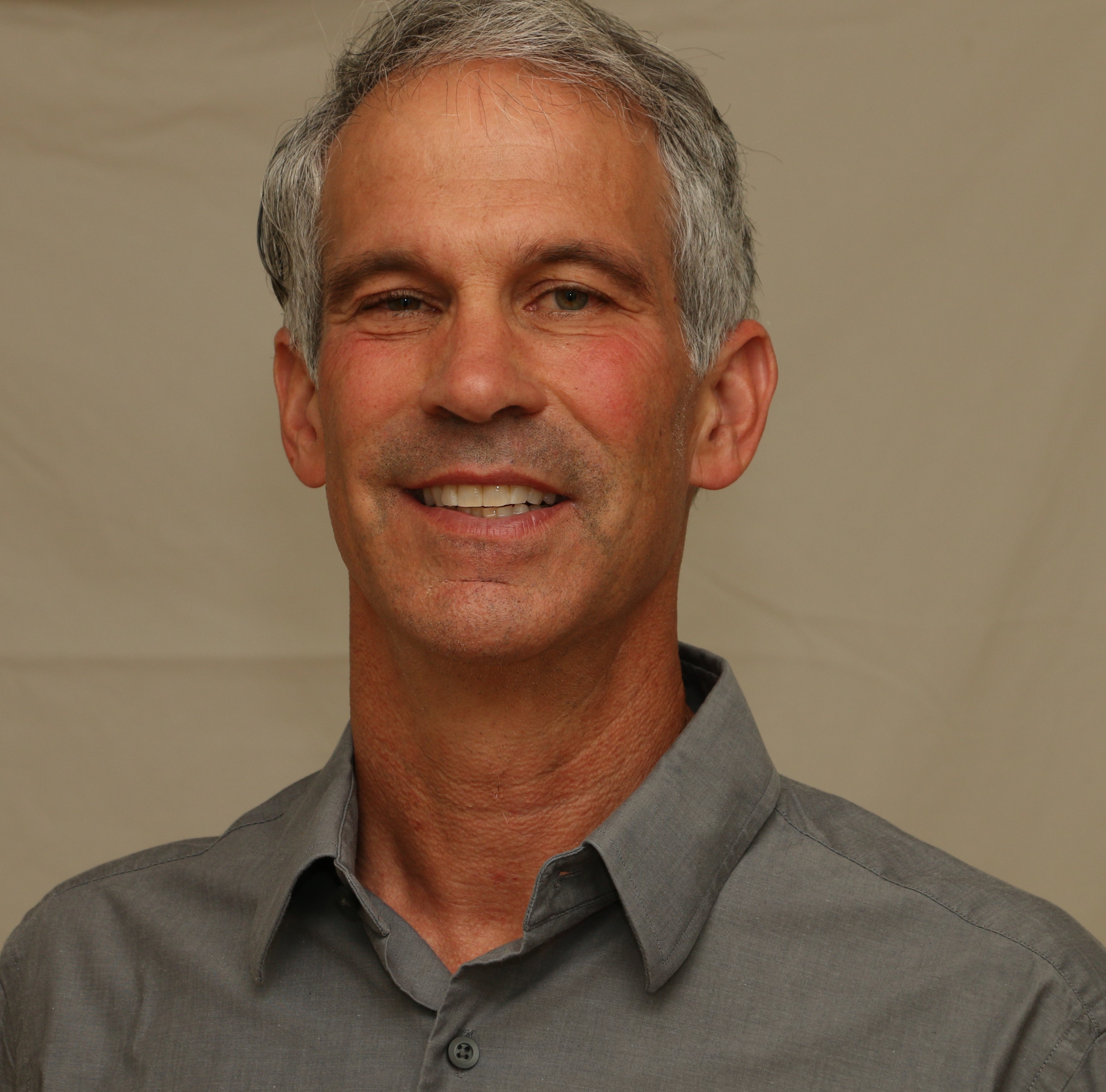 Michael Cahn
Michael Cahn 
Irrigation and Water Resource Advisor, UC Cooperative Extension
Michael Cahn is an Irrigation and Water Resource Advisor for University of California, Cooperative Extension and serves the central coast counties of Monterey, San Benito and Santa Cruz. He received his B.S degree in Soil and Water Science from UC Davis, and Masters and Ph.D. degrees from Cornell University. He has worked for UC Cooperative Extension since 1995, first as a Vegetable and Row Crop Advisor in the Sacramento Valley, and since 2001 in his current position. His research and extension activities are focused in the areas of irrigation technology, water management of vegetable and horticultural crops, protection of water quality, and food safety. He led the development of CropManage, an online decision support tool for water and nutrient management of vegetables in 2011, which is now being adapted for berry, tree and forage crops.
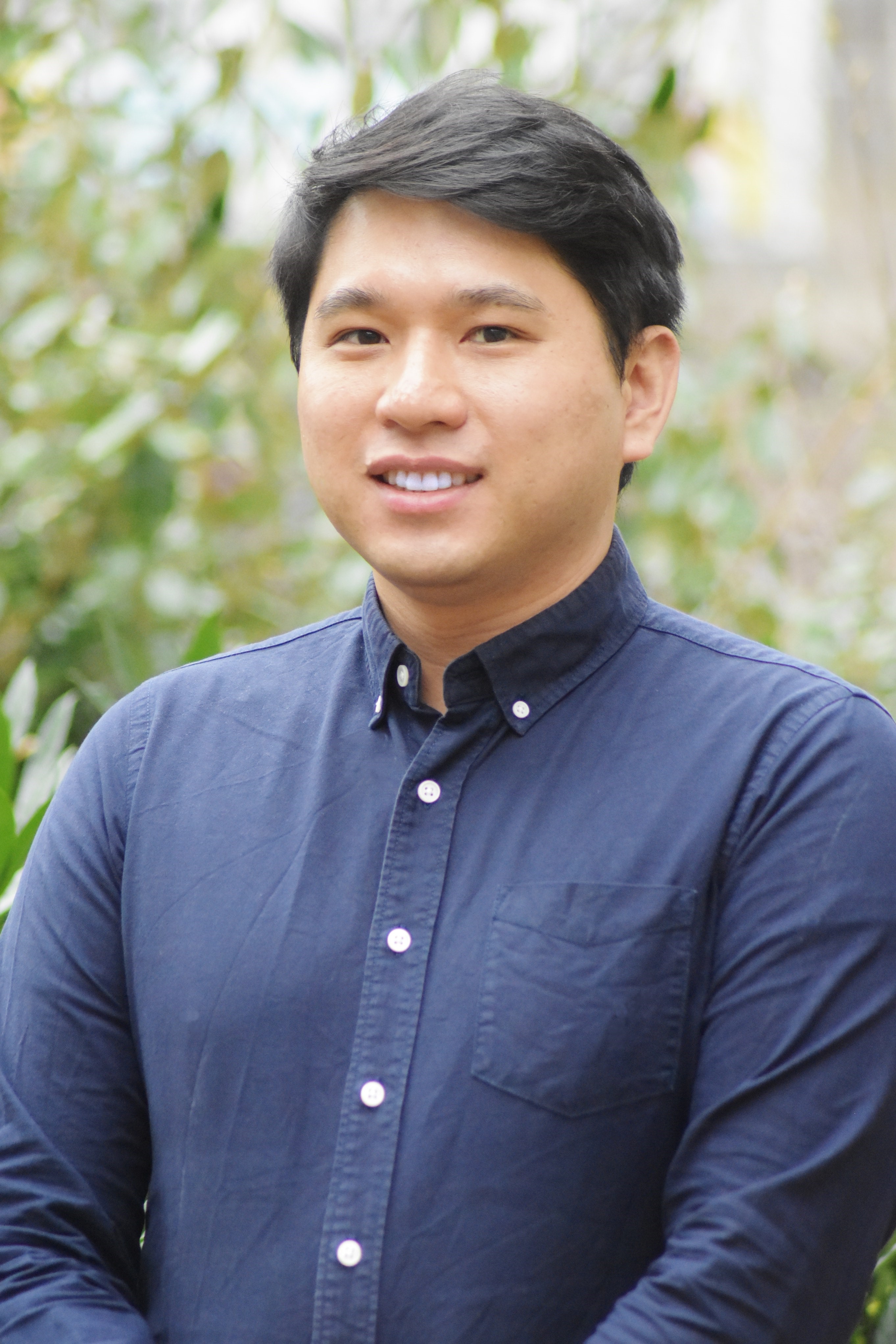 Eric Chu
Eric Chu
Assistant Professor, UC Davis
Dr. Chu studies how local governments and communities plan for and adapt to the impacts of global environmental change. His research is globally comparative and draws on qualitative and participatory methodologies. Dr. Chu’s recent research projects have looked into how emerging climate change adaptation priorities are being institutionalized into local decision-making; how climate adaptation intersects with economic development, human health, environmental sustainability, and infrastructure planning priorities; as well as how communities mobilize for more equitable climate adaptation and resilience solutions. He currently serves as Lead Author in Working Group 2 of the Sixth Assessment Report to the Intergovernmental Panel on Climate Change (IPCC).
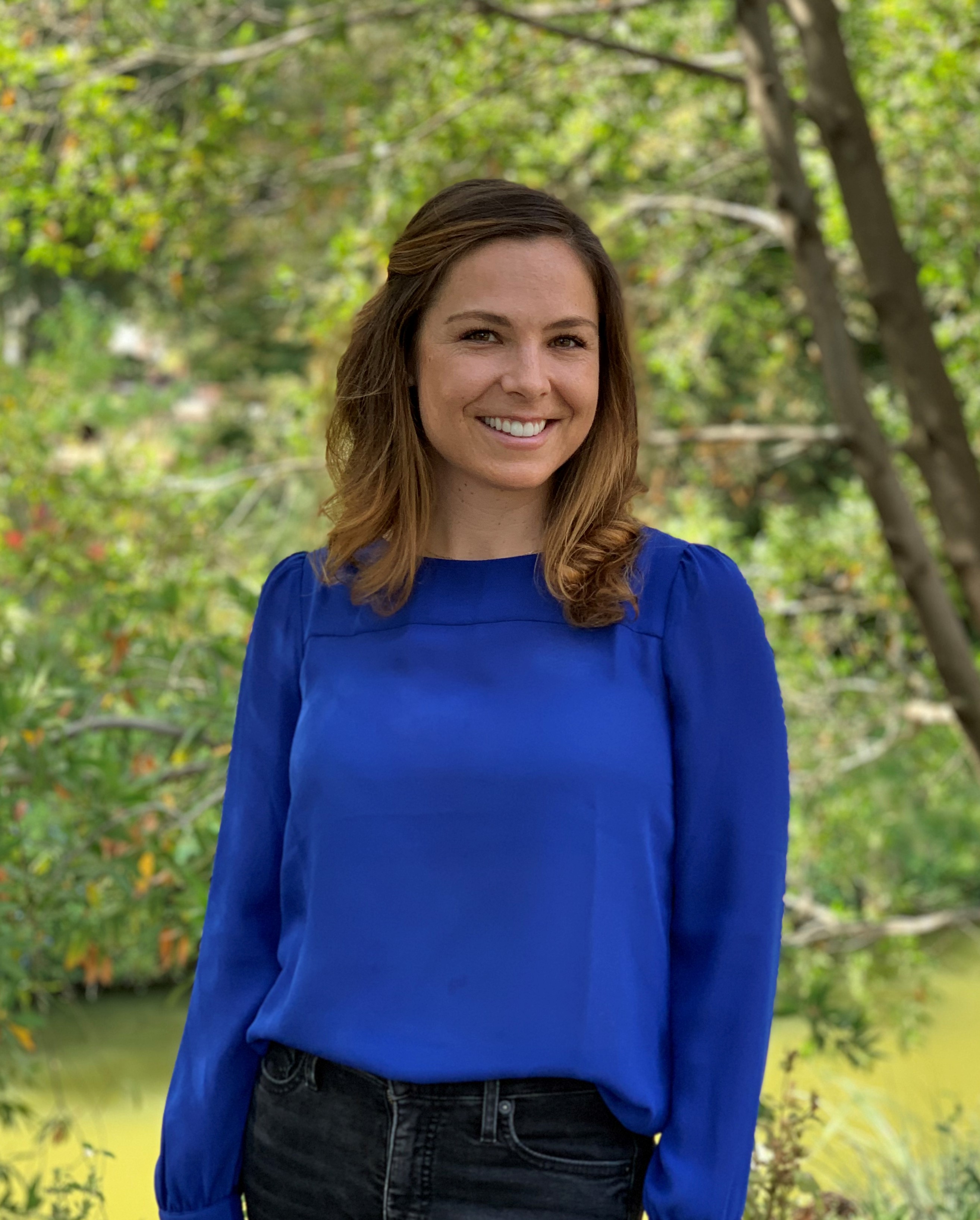 Kathryn Conlon
Kathryn Conlon
Assistant Professor, UC Davis
Dr. Kathryn Conlon is an assistant professor, jointly appointed in the School of Medicine Department of Public Health Sciences and School of Veterinary Medicine Department of Medicine and Epidemiology. Her research focuses on characterizing how climate change influences human, animal, and environmental health. She employs environmental epidemiological study designs, utilizing spatio-temporal exposure assessments, and weather, climate, and land-use model outputs. She also uses mixed-methods for social and behavioral epidemiology. She works with state and local health practitioners to systematically characterize and implement climate change and public health actions in support of building an evidence base for climate change and health interventions.
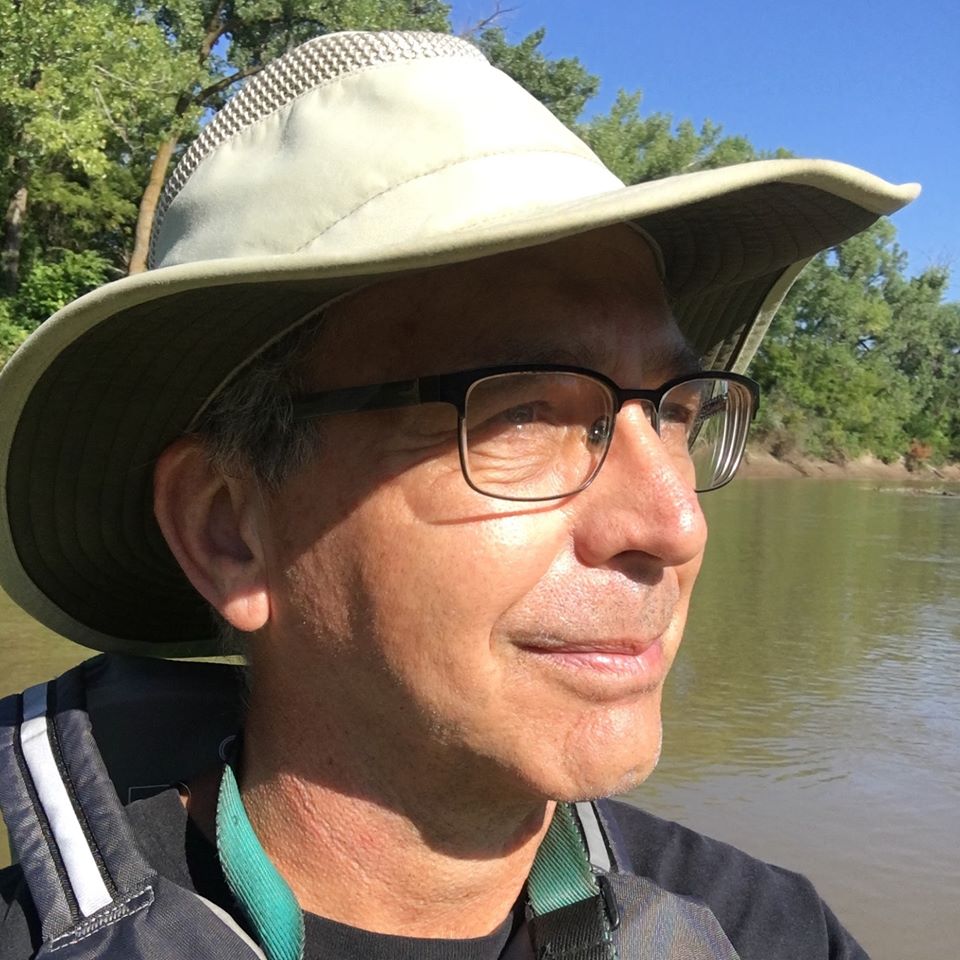 Tim Crews
Tim Crews
Director of Research and Lead Scientist, The Land Institute
Tim, Director of Research, is at The Land Institute because in his words, “the work is the most focused and far reaching of any organization I know. It promises to transform agriculture from being an ecological liability to an asset.” Tim first visited The Land Institute in 1981 after reading New Roots for Agriculture as an undergraduate majoring in agroecology at the University of California-Santa Cruz. Over the next three decades, he pursued a doctorate degree at Cornell, carried out a post-doc fellowship at Stanford and developed an agroecology program at Prescott College in Northern Arizona. But all along he continued to track the work of The Land Institute, and in 2000 began to collaborate directly. In 2012, Tim joined the staff as director of research and an ecologist. He helps facilitate and coordinate research efforts of his colleagues, and conducts work on the ecosystem functions performed by soils.
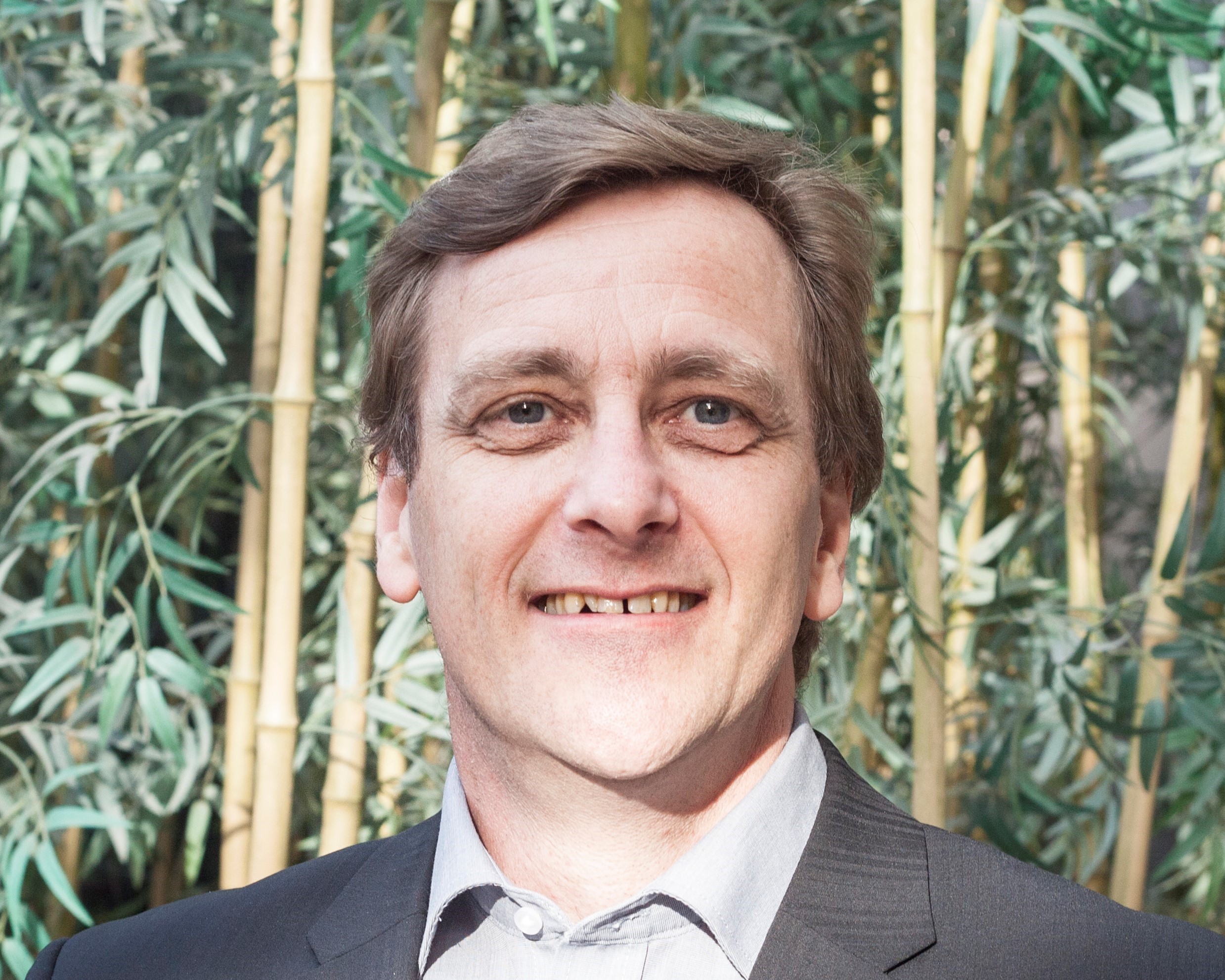 Adrian Greet
Adrian Greet
Director General, SAI PLATFORM
Adrian is a sustainability practitioner who recognises that true success for sustainability is achieved through collaboration, transparency and innovation. As a member of the Executive Committee for over 7 years and most recently as President, Adrian led the work on SAI Platform’s Vision, Mission and Strategies. Now in the role of Director General, Adrian is driving these strategies and developing the organisation to reach a sustainable future for agriculture on a global scale. During a career of over 33 years with Mars Incorporated, Adrian has led positive change across various areas and in many roles: most recently as one of the leading architects of the Mars Sustainable in a Generation Plan. He is an experienced public speaker and a highly experienced manager, who takes a value-driven approach to creating a culture, ethos and team that thrive on improvement and empowerment. Adrian holds a BSc. Honours degree from London University in Mathematics and Physics. He is a member of the board of governors for the Dairy Sustainability Framework, the Advisory board for the Quantis Geofootprint Tool, the Advisory Board for the Surrey University Practitioner Doctorate in Sustainability and an Ambassador for the Positive Innovation Club.
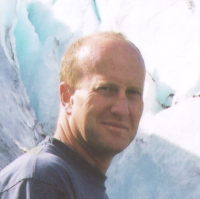 Ted Grosholz
Ted Grosholz
Professor, UC Davis
Ted Grosholz is a Professor and Specialist in Cooperative Extension in the Department of Environmental Science and Policy. His research focuses on the intersection between fundamental processes that structure benthic communities and the human impacts that also impact these ecosystems. This work includes field and lab studies of climate change impacts associated with increasing temperature, acidification and sea levels as well as the consequences of biological invasions on estuarine ecosystems. He is also actively engaged in restoration of native oysters, seagrasses and wetland plants as well as the management of invasive non-native species.
Helene Margolis
UC Davis
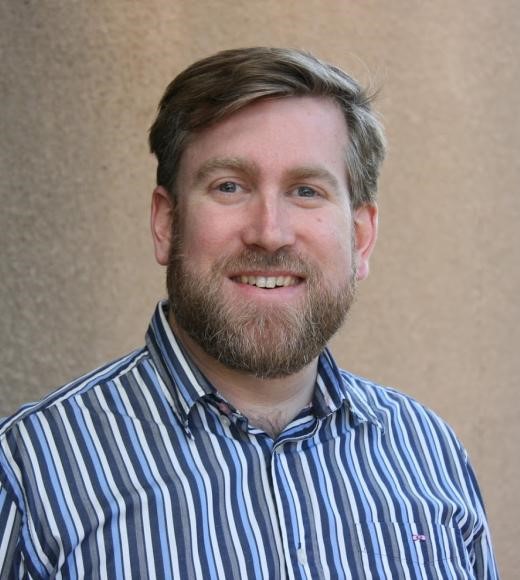 Erwan Monier
Erwan Monier
Assistant Professor, UC Davis
Dr. Monier's research explores the climate change and extreme weather impacts and risks to various sectors of the economy and ecosystem services, including agriculture, forestry and wildfires, water resources, and air quality and health. His Global Environmental Change research group uses interdisciplinary approaches to examine the co-evolution of human and natural systems in the face of socio-economic and environmental stressors and to build the next generation of tools to explore the dynamics of the energy-water-land system and the interactions between climate change, air quality and health.
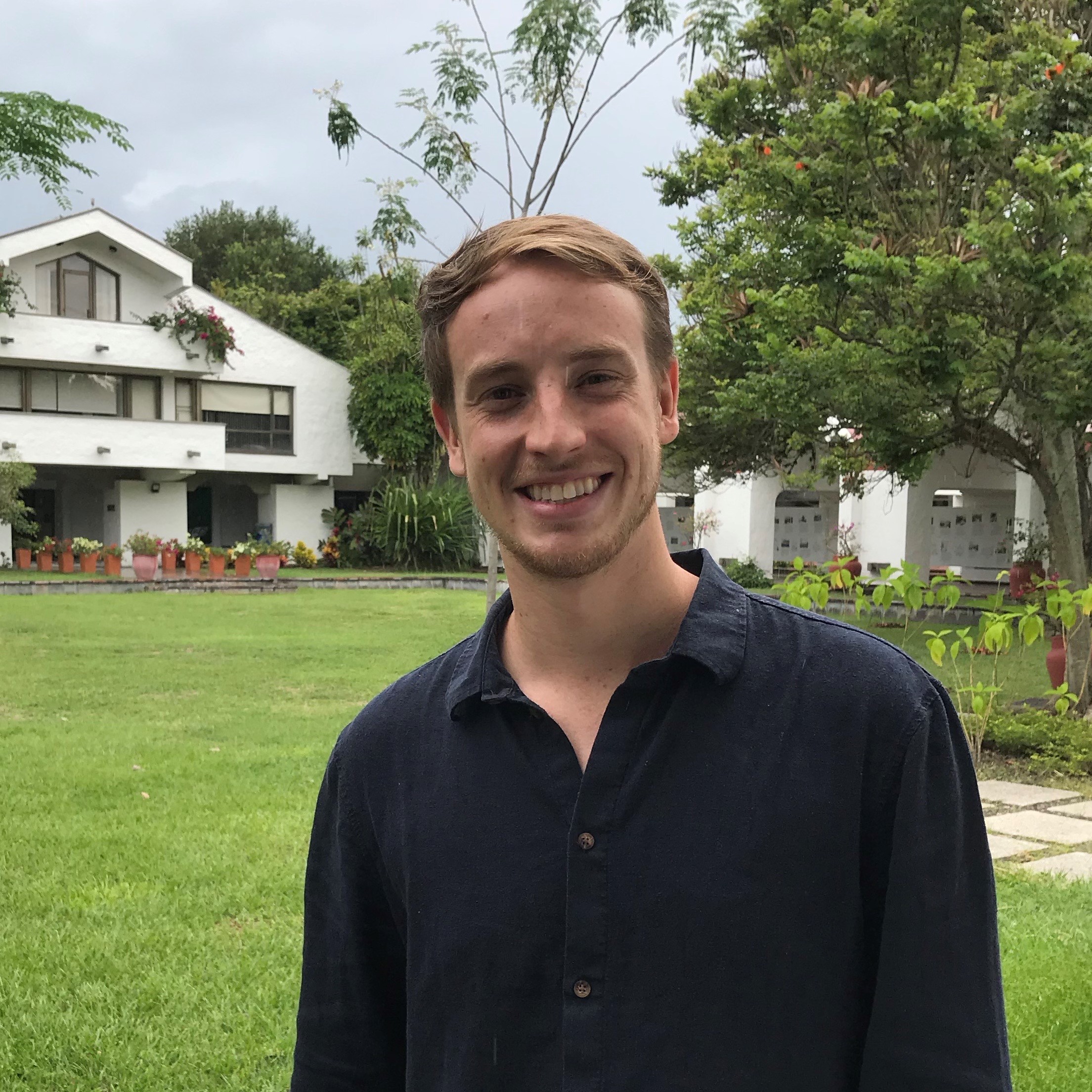 Grey Monroe
Grey Monroe
Assistant Professor, UC Davis
Grey Monroe is an Assistant Professor in the Department of Plant Sciences. His research aims to discover how plants adapt to climate with an emphasis on using genomics to identify genes and molecular mechanisms contributing to climate resilience in wild and domesticated species. By studying the evolution of climate adaptation in ecologically and agriculturally important plants, his work addresses questions about the fundamental processes behind organism climate resilience and practical challenges for plant conservation and breeding in the face of rapidly changing climates.
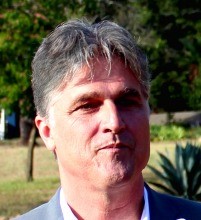 Fraser Shilling
Fraser Shilling
Director of Road Ecology Center, UC Davis
Dr. Shilling has 3 areas of research: 1) interactions between equity and water quality policy & decision-making; 2) sustainability indicator systems; and 3) transportation ecology. His project areas include: developing new methods for measuring sea level rise and its impacts in real-time, finding out how environmental disruptions (e.g., climate change, pandemics) disrupt transportation and other systems, facilitating the sharing and understanding of water data through indicators related to social goals, studying how traffic noise and light impacts wildlife use of habitat and wildlife crossing structures, and calculating the impact of roads and highways on wildlife movement and survival. If Fraser had one super power, his would be infecting people with empathy for nature and other people.
Allison Thompson
Field to Market
Cristina Tirado
UCLA/WHO